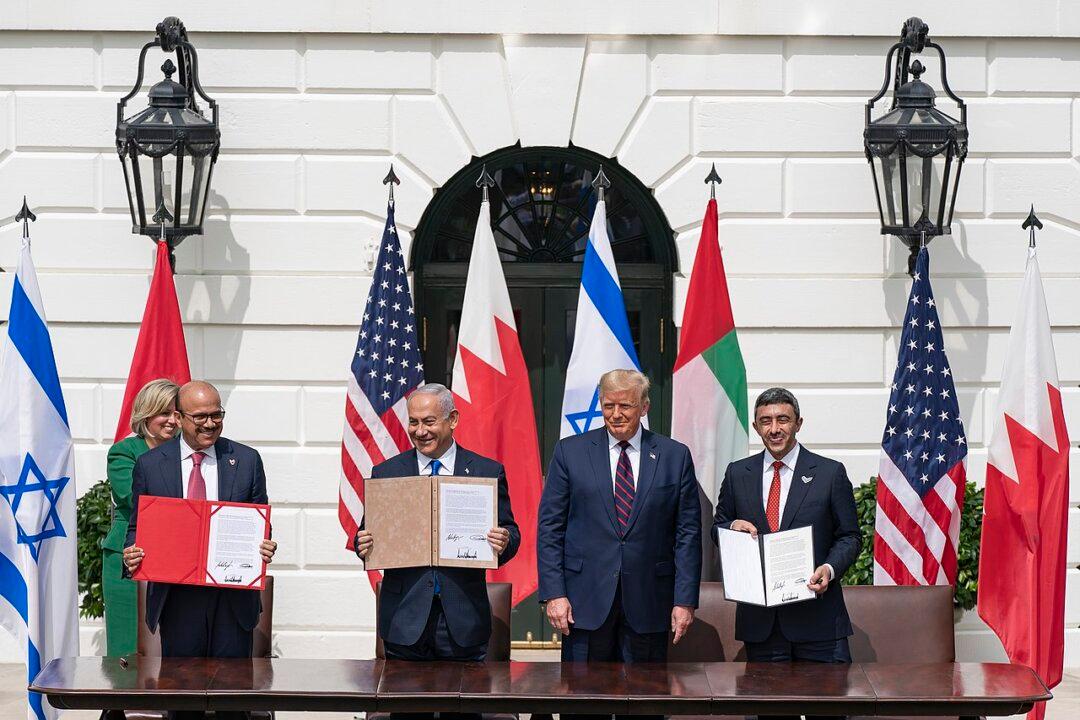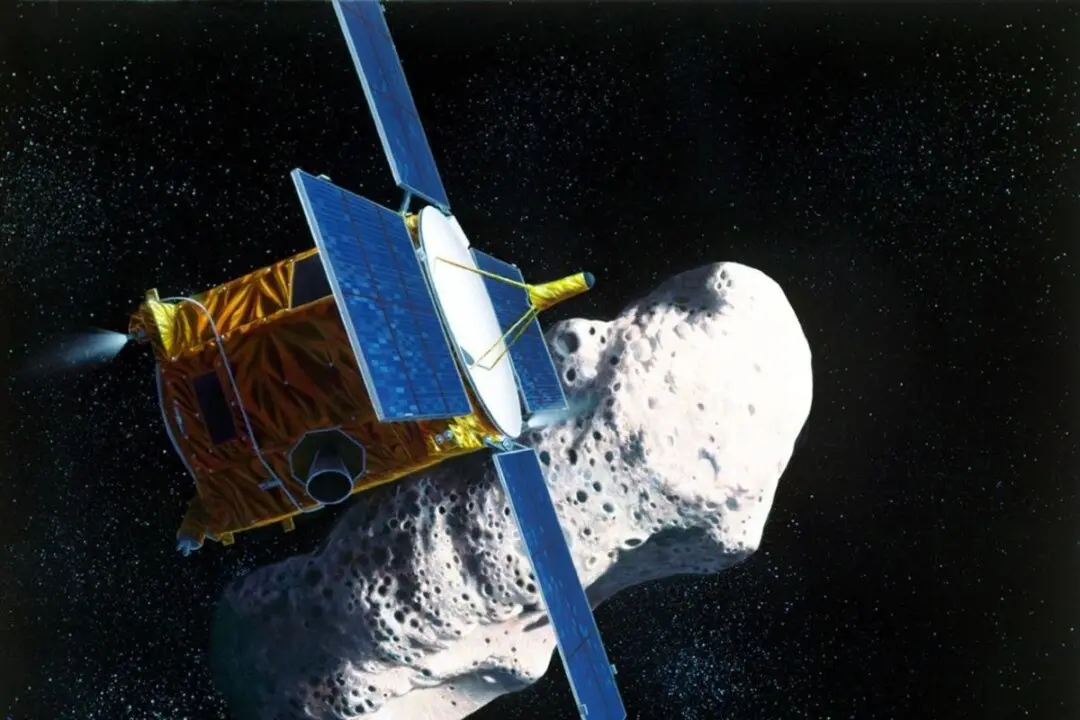The Abraham Accords were truly some of the most important Middle East peace negotiations since Israel became a nation in 1948. With a mainstream media that is anything but conservative and blatantly against the now former Trump Administration, it is little surprise that the epochal 2020 treaties between the UAE, Bahrain, Sudan, and Morocco, and the state of Israel received less than due fanfare.
For Aryeh Lightstone, author of “Let My People Know” and the former senior advisor to the U.S. Ambassador to Israel David Friedman, what is important is that the work was accomplished, that people remember, and that progress is being made upon those accomplishments.






